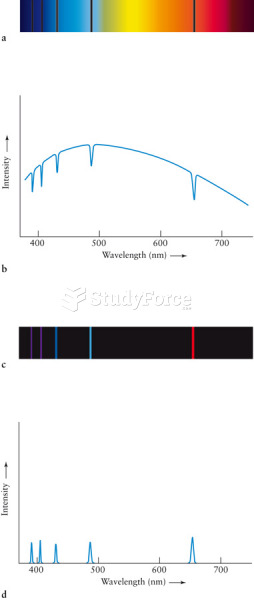Answer to Question 1
Symptoms of autism spectrum disorder fall into one of two categories according to the DSM-5 criteria: deficits in social communication and social interaction; and repetitive behavior or restricted interests or activities. The first category, deficits in social communication and social interaction, and includes the following: atypical social-emotional reciprocity (e.g. limited to no interest in social interaction), atypical nonverbal communication (e.g. little to no eye contact, absence of meaningful gestures or facial expressions), and difficulties developing and maintaining relationships (e.g. failure to develop peer relationships appropriate to developmental level; lack of spontaneous seeking to share enjoyment, interests, or achievements with other people). The second category is repetitive behavior or restricted interests or activities that involve at least two of the following: Repetitive speech, movement, or use of objects (e.g., head-banging, arm-flapping, body rocking), intense focus on rituals or routines and strong resistance to change (e.g., rituals involving objects, lining up toys), intense fixations or restricted interests (e.g., fascination with certain objects), and atypical sensory reactivity (e.g., indifference to pain, heat, or cold).
Symptoms of autism spectrum disorder are not developmental delays but differences in development that cause impairment in everyday functioning. Degree of symptoms impairment ranges from mild to severe. Autism spectrum disorder is diagnosed based on multiple sources of information including clinical observation, parent interviews, developmental histories, autism screen inventories, and when there is persistence evidence of autism characteristics. Although behavioral differences are sometimes evident in infancy, autism is often not diagnosed until age three or later. Of note, the DSM-5 workgroup determined that the social communication abnormalities, interpersonal relationship difficulties, desire for sameness, and narrow interests seen in Asperger's syndrome are an extension of the autism spectrum continuum and as a result, the Asperger's diagnosis has been eliminated from the DSM-5.
Answer to Question 2
c







